How It Helps
Cooper Complete Ashwagandha Supplement contains 300 mg ashwagandha to help moderate occasional stress and support memory function.†
Stress and Anxiety Support
Ashwagandha reduces stress and occasional anxiousness† and is known as an “adaptogen” for its ability to help the body adapt to stress. A review of 12 randomized controlled trials with over 1,000 study participants found that supplementation of 300-600 mg daily was associated with significant reductions in stress and anxiety compared to the placebo. A smaller, randomized, double-blind study of 75 middle-aged adults suffering from moderate to severe anxiety found anxiety dramatically reduced. At the same time, fatigue, motivation, and concentration improved while taking 300 mg of ashwagandha twice daily plus a multivitamin for 12 weeks.
Sleep Support
Ashwagandha supports restful sleep while helping to maintain daytime energy.† A systematic review and meta-analysis of five randomized controlled trials containing 400 participants were analyzed, and researchers saw a small but significant effect on overall sleep. The group with the best improvements in sleep were adults who had been diagnosed with insomnia and were taking 600 mg or more of ashwagandha for eight or more weeks.
Hot Flashes and Perimenopausal Symptoms
A randomized, double-blind, placebo-controlled study of 91 perimenopausal women in India found that 300 mg twice daily slightly reduced total symptom severity scores based on symptoms such as vaginal dryness, urinary frequency, sweating, mood, and heart palpitations. The women also had, on average, one fewer hot flashes per day than those who took a placebo. While there was no significant change in testosterone blood levels, estradiol levels increased, and levels of follicular stimulating hormone (FSH) levels decreased in the women taking ashwagandha rather than the placebo.
Athletic Performance
Research indicates ashwagandha supplements have a small positive impact on athletic performance. A small study found ashwagandha supplements taken over 12 weeks improved upper and lower-body strength in already active adults. Another study of 50 healthy, athletic men and women found those who took 300 mg of ashwagandha twice daily over two months modestly improved cardiorespiratory endurance (as measured by VO2 max) during a 12-minute run test compared to placebo. The participants taking ashwagandha supplements reported modest improvements in exercise recovery (perceived exertion and fatigue) and reduced general stress.
Support Healthy Testosterone
A 16-week, randomized, double-blind, placebo-controlled crossover study examined ashwagandha’s hormonal and vitality effects in aging overweight males. Fifty-seven overweight, tired men aged 40-70 years were given a placebo or an ashwagandha supplement. In addition, the men completed self-reported questionnaires (Aging Males’ Symptoms (AMS) self-report measure) that measured psychological, somatic, and sexual symptoms on a 5-point scale as well as a 35-item Profile of Mood States, Short-Form (POMS-SF) covering anger-hostility, confusion-bewilderment, depression-dejection, fatigue-inertia, tension-anxiety, vigor-activity, and friendliness. In addition, saliva samples were collected at baseline, weeks 8 and 16 to evaluate salivary testosterone, cortisol, DHEA-S and estradiol. The researchers saw an 18 percent increase in DHEA-S and almost a 15 percent increase in testosterone compared to placebo. (There were no changes in cortisol and estrogen, or significant differences found in self-reported fatigue, vigor, or sexual well-being.)
Cognitive Function
A prospective, randomized, double-blind, placebo-controlled study of 50 adults with mild cognitive impairment over eight weeks had the treatment group take 300 mg ashwagandha-root extract twice daily. After eight weeks, the ashwagandha treatment group showed significant improvements compared to the placebo control group in immediate and general memory. The treatment group also showed improvement in executive function, sustained attention, and information-processing speeds.
Joint Function
In a small but well-controlled study in India, adults with joint pain and discomfort from knee osteoarthritis took either 150 mg or 250 mg of ashwagandha or a placebo twice a day for 12 weeks. At four weeks, significant reductions in measures of pain, stiffness, and disability were observed, with better improvements in the group taking 250 mg twice daily. The study authors concluded the therapeutic response appears to be dose-dependent.
As a dietary supplement, adults take one (1) capsule daily or as directed by your health care professional.
![]()
![]()

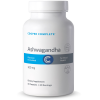
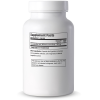



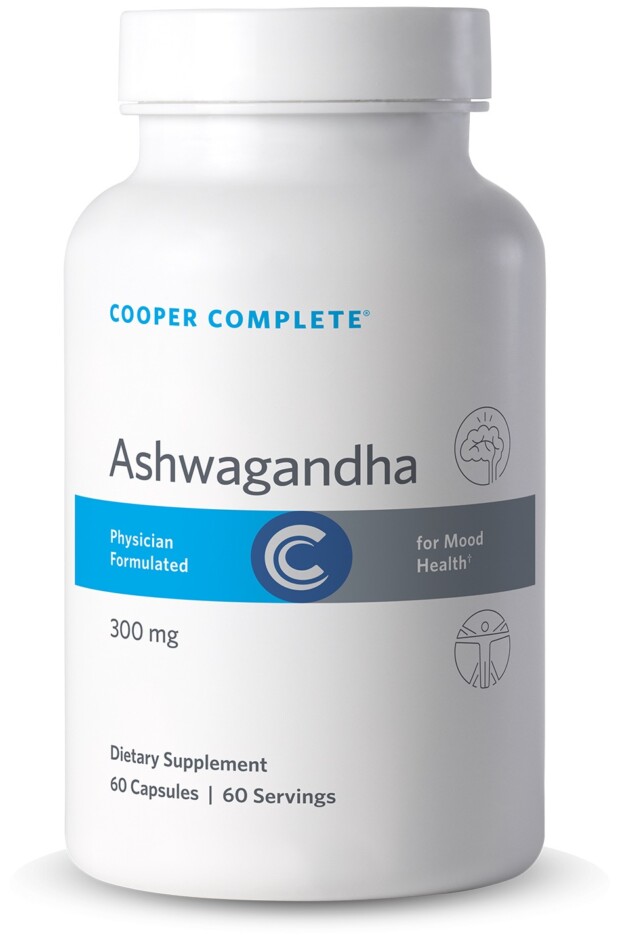





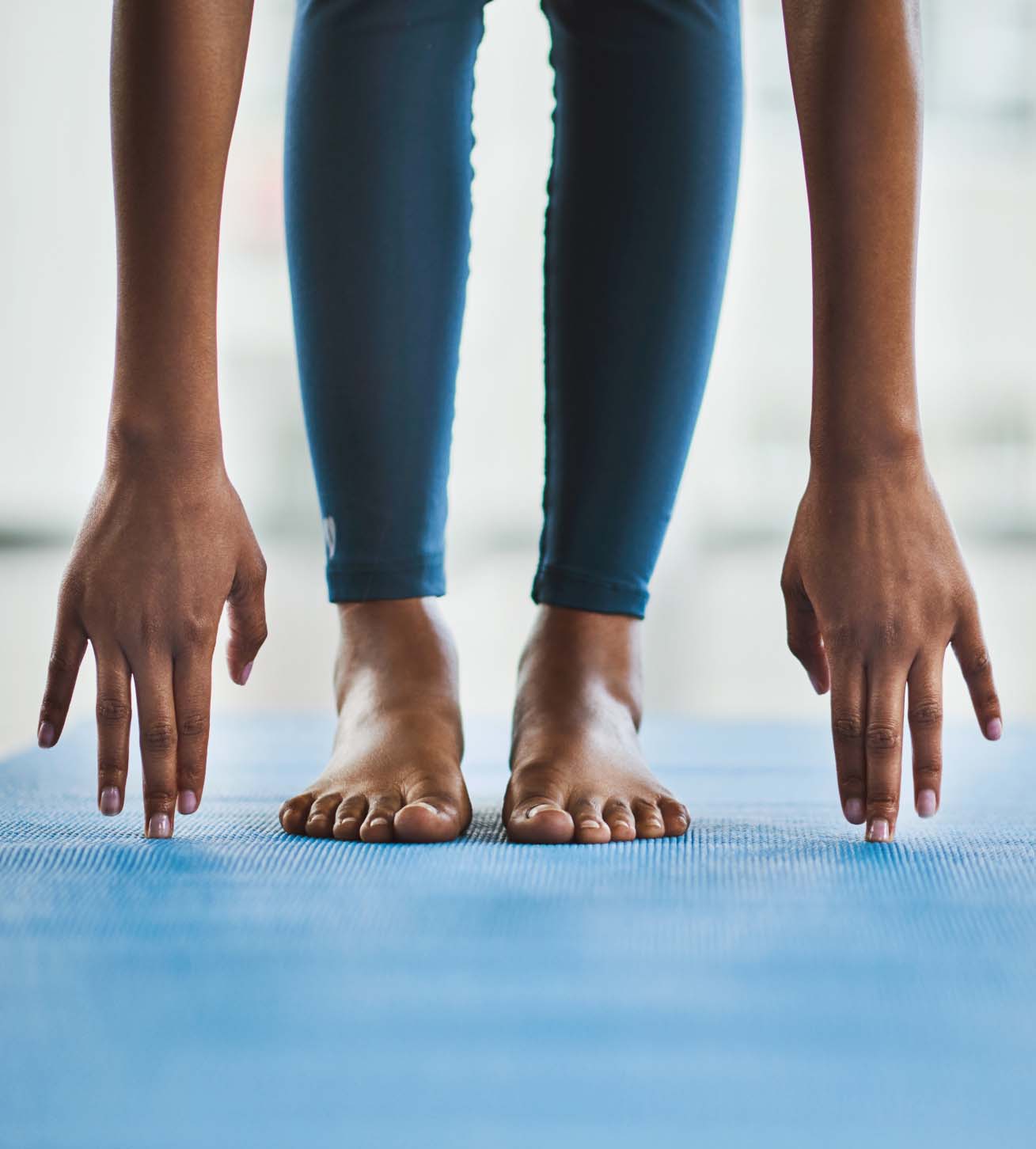

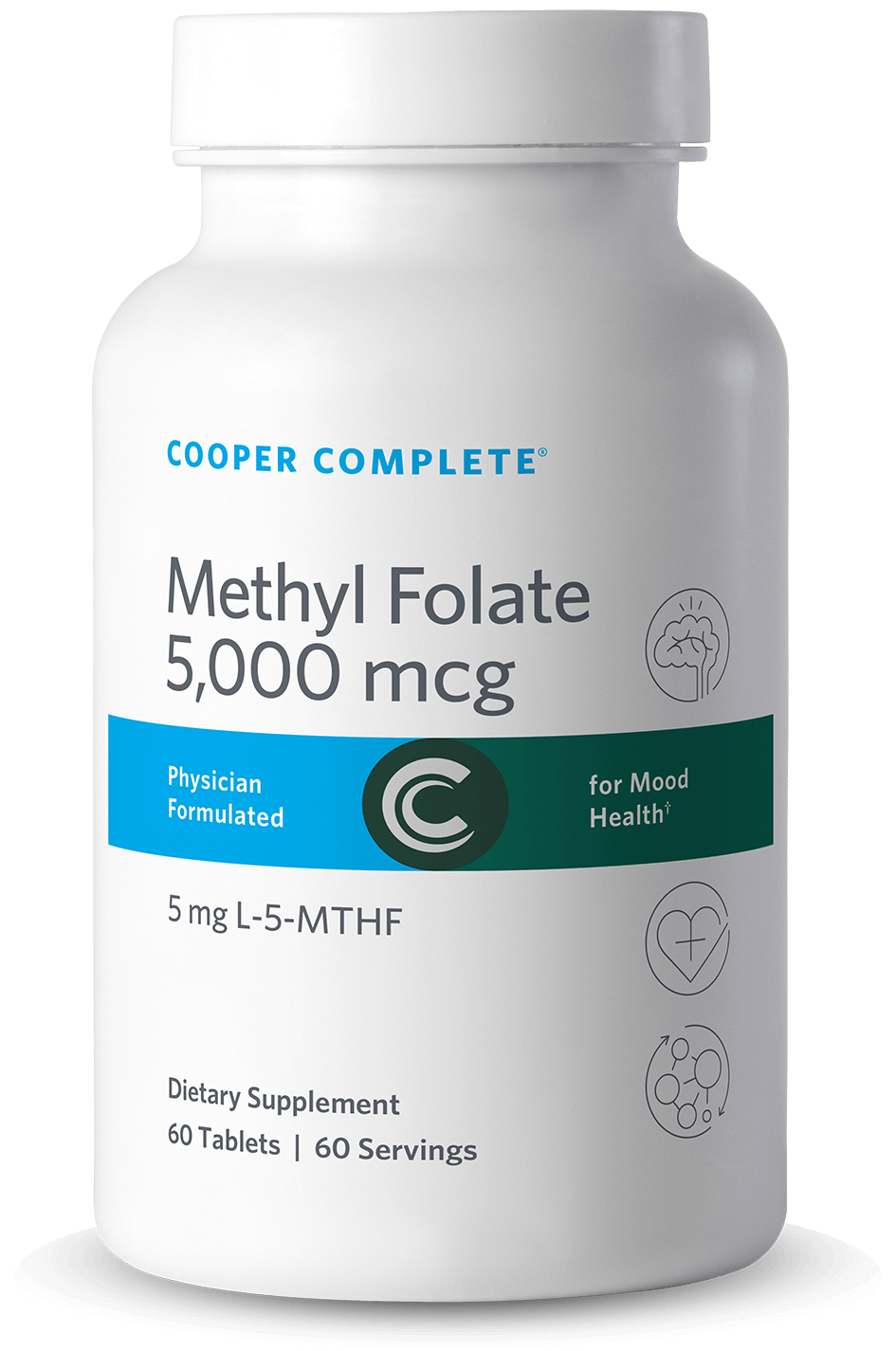
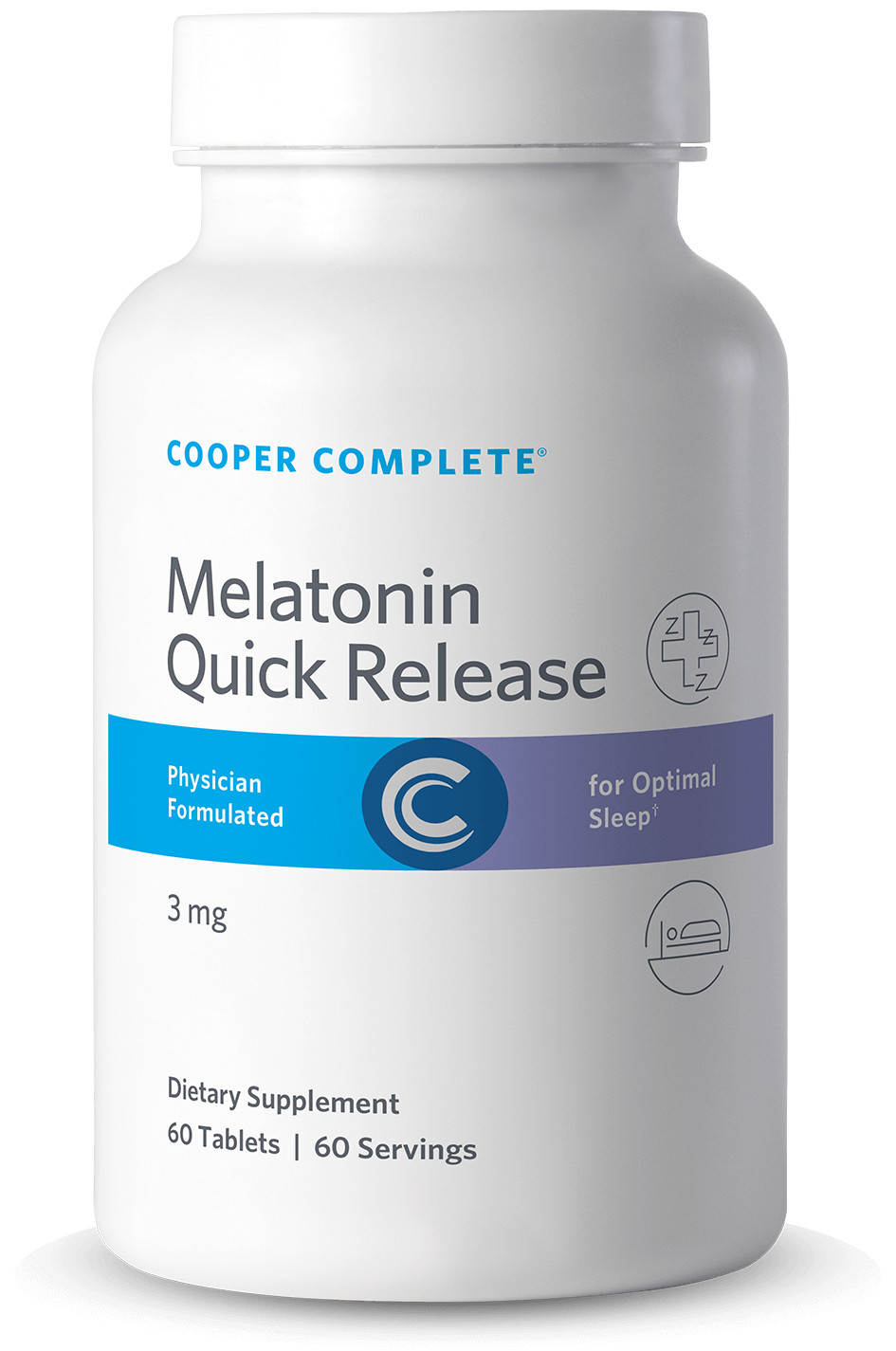
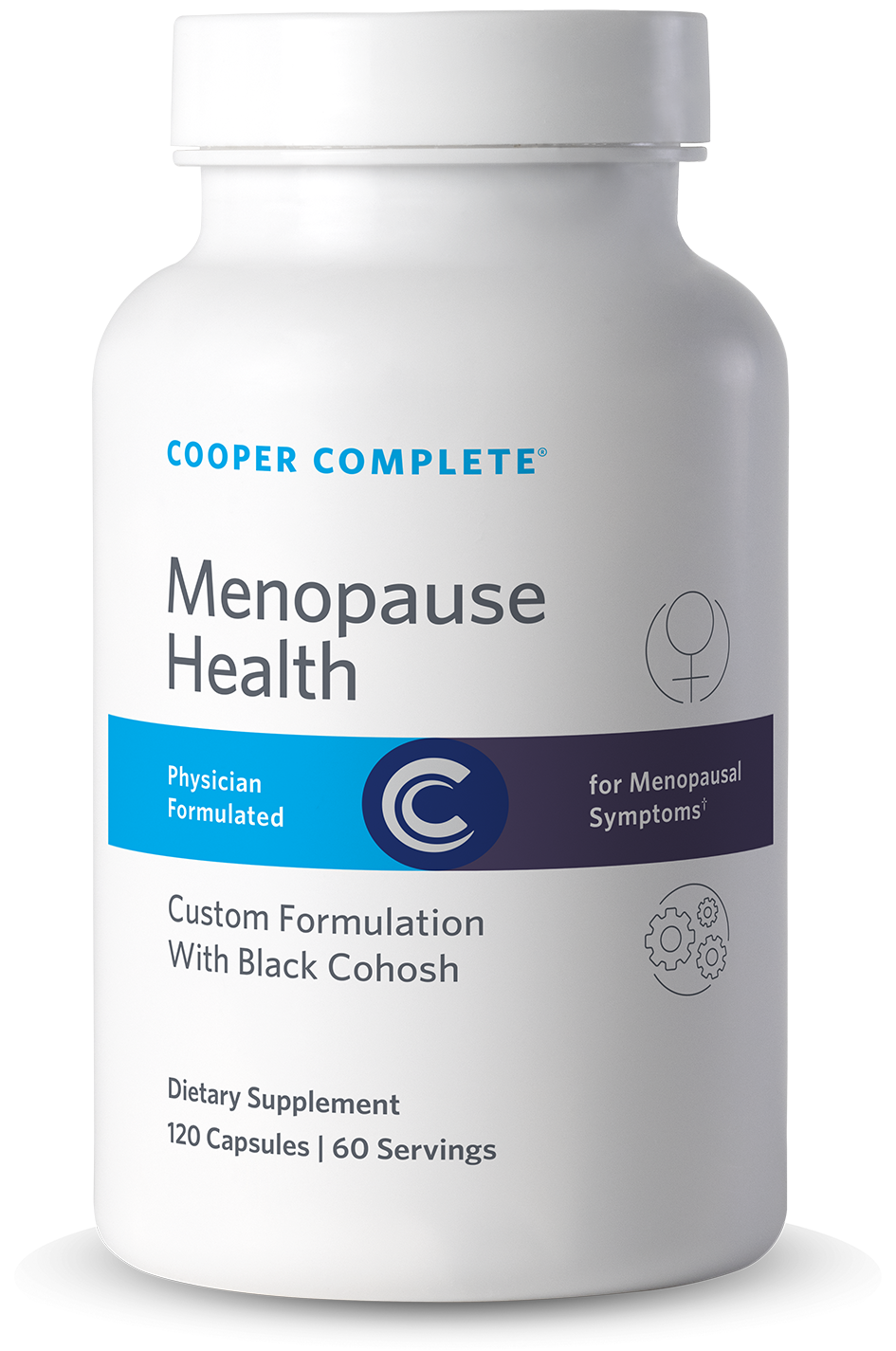
0 out of 5 stars
There are no reviews yet.